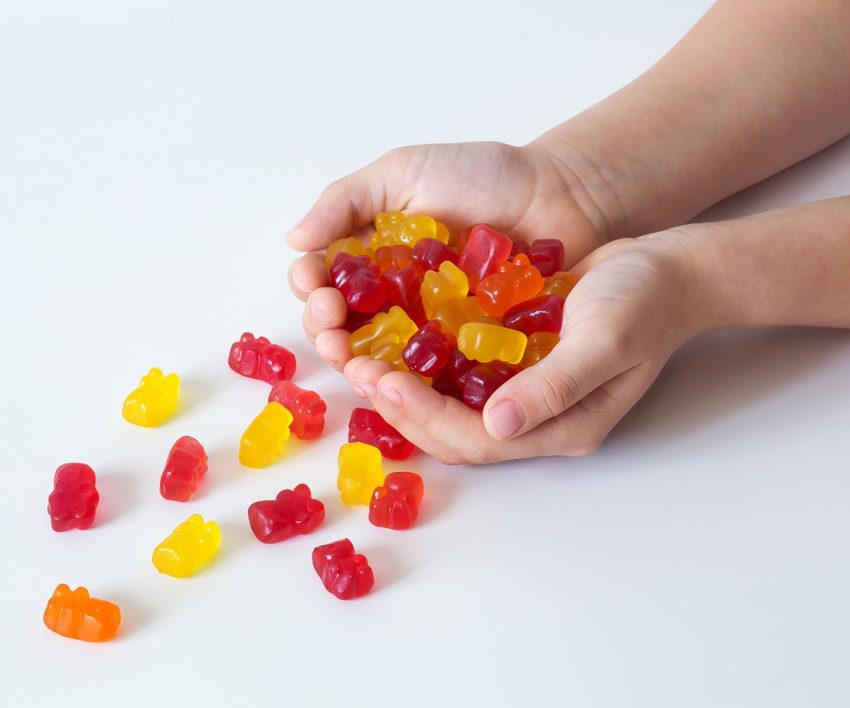Pain gummies have become increasingly popular as a convenient and tasty way to manage pain. However, while they can be an effective solution, it’s essential to consider dietary interactions that may affect their efficacy or cause unwanted side effects. This article explores foods and drinks to avoid while taking pain gummies to ensure you get the most out of your pain management routine.
1. Grapefruit and Grapefruit Juice
Grapefruit is known to interfere with the metabolism of various medications, and pain gummies are no exception. The compounds in grapefruit can inhibit enzymes that break down certain active ingredients in pain gummies, leading to higher concentrations in the bloodstream and an increased risk of side effects.
2. Alcohol
Combining alcohol with pain gummies can be risky. Both substances can depress the central nervous system, leading to increased drowsiness, dizziness, and even respiratory issues in severe cases. To avoid these risks, it’s best to abstain from alcohol while using pain gummies.
3. High-Fat Meals
While fat can help with the absorption of some medications, high-fat meals can also slow down the digestive process, altering the rate at which pain gummies are absorbed. This can lead to delayed pain relief or uneven medication levels in your system.
4. Caffeine
Caffeine can interact with the active ingredients in pain gummies, potentially reducing their effectiveness. Additionally, caffeine is a stimulant, and if the pain gummies have a sedative effect, the combination can cause conflicting signals in your body, leading to discomfort or reduced pain relief.
5. Dairy Products
Dairy products can bind to certain medications, including some found in pain gummies, reducing their absorption and effectiveness. It’s advisable to take your pain gummies at least one hour before or two hours after consuming dairy.
